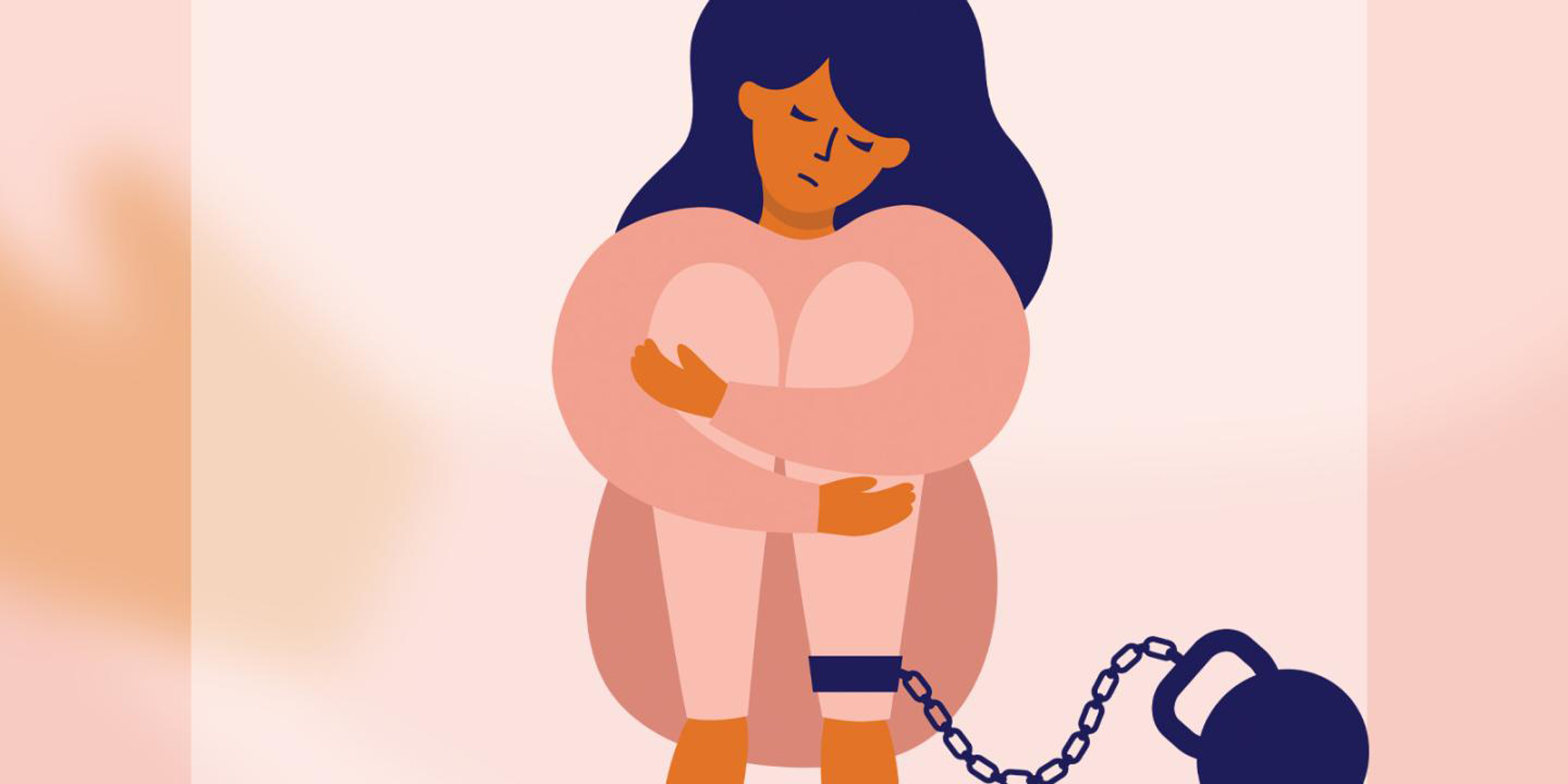
HIV criminalization is an amalgamation of a lot of things. It is ignorance overlaid with fear and underpinned by the need to exert power over the same people who are being feared. The parochialism of HIV—and therefore the outlawing of things otherwise considered normal and healthy outside the context of HIV—is infuriating.
Much of what I feel about criminalization is tied to my intersecting identities. My Blackness is always a reminder of the potential of criminalization, even in the most benign of circumstances. The vague feeling of guilt, the need to keep a neutral expression and the anxiety of trying to keep my hands out of my pockets when shopping in non-Black establishments is akin to how I felt waiting for someone to tell someone who would go on to tell someone else before I went public about my status when I was in spaces where only one or two people knew I was HIV-positive.
My femininity and womanhood kept me on high alert when going out with friends or on dates before diagnosis because of the uneasiness of trying to "act like a lady," or to not draw too much attention or not dress a "certain way" and attract the "wrong" attention. Recollections and echoes of trying to word things carefully so as not to be a tease and incite emotional or physical rape of my personhood tries to bubble to the surface sometimes as I search for the words to disclose my status.
My Blackness is always a reminder of the potential of criminalization, even in the most benign of circumstances.
Fortunately, laws in California have changed so that disclosure is still (more or less) a choice as the state has no statute explicitly criminalizing HIV transmission or exposure. However, sentencing enhancements may apply to people living with HIV who commit an underlying sexual assault crime. There is still the possibility of misdemeanor charges for specific intent to transmit an infectious communicable condition (including HIV)—which is why I said "more or less" a choice. These new standards took effect in 2017, and believe you me, I looked up the laws when I was first diagnosed, even when at the time, I didn't think I would ever have sex again.
Criminalization laws are one way people living with HIV are unable to fully control their own narratives. It keeps people who are living in states with archaic laws that don't account for solid science and plain old common sense under the fear of the whims of people who at best can claim woeful ignorance, and at worst, wield the power of their fears into outcomes that irrevocably change lives. It is demoralizing to have people in power make decisions for you that are not based on fact, but on lack of knowledge. Can you imagine losing your freedom, your job, your home and potentially your family and children because you had sex? For some, this is not some wild tale, but vivid reality. Over and over, we hear stories of broken trust, misunderstandings and plain old vindictiveness impacting people living with HIV because laws don't keep time with progress and knowledge. These laws continue to put the onus on HIV-positive people to control, mitigate and anticipate the reactions of others to our diagnosis. That's a lot to navigate. For heavily criminalized states when there are statutes and consequences, it is exhausting to have to come up with creative ways to prove you disclosed your status, and even then, disclosure is not a guarantee your life won't change at the whim of someone who knows nothing about you or HIV.
Make no mistake, this is not just about sex. Many of these laws target transmission, exposure and non-disclosure even though science definitively proves that a person with an undetectable viral load cannot transmit HIV sexually—U=U. Outdated laws also impact general criminalization in the presence of HIV and may enhance (extend or amplify the impact of) sentencing. They also magnify stigmatization of HIV and the fear of prosecution impacting people's desire to engage in prevention, care and treatment of HIV. It perpetuates a cycle that must be broken. I am not so naïve as to think laws don't serve a purpose. Laws should, however, serve the people and societies for which they exist, and too many of these merely serve to stoke fear and uncertainty.
Thank God for those who work tirelessly to change and update these laws and seek to protect people with HIV who are just trying to live. Every advocate goes into a specific area of HIV for personal reasons, or from personal experience. My hat is off to the people who make change in this arena.
Be well. You matter.
This blog was originally posted on Positively Aware's "Being Bridgette"


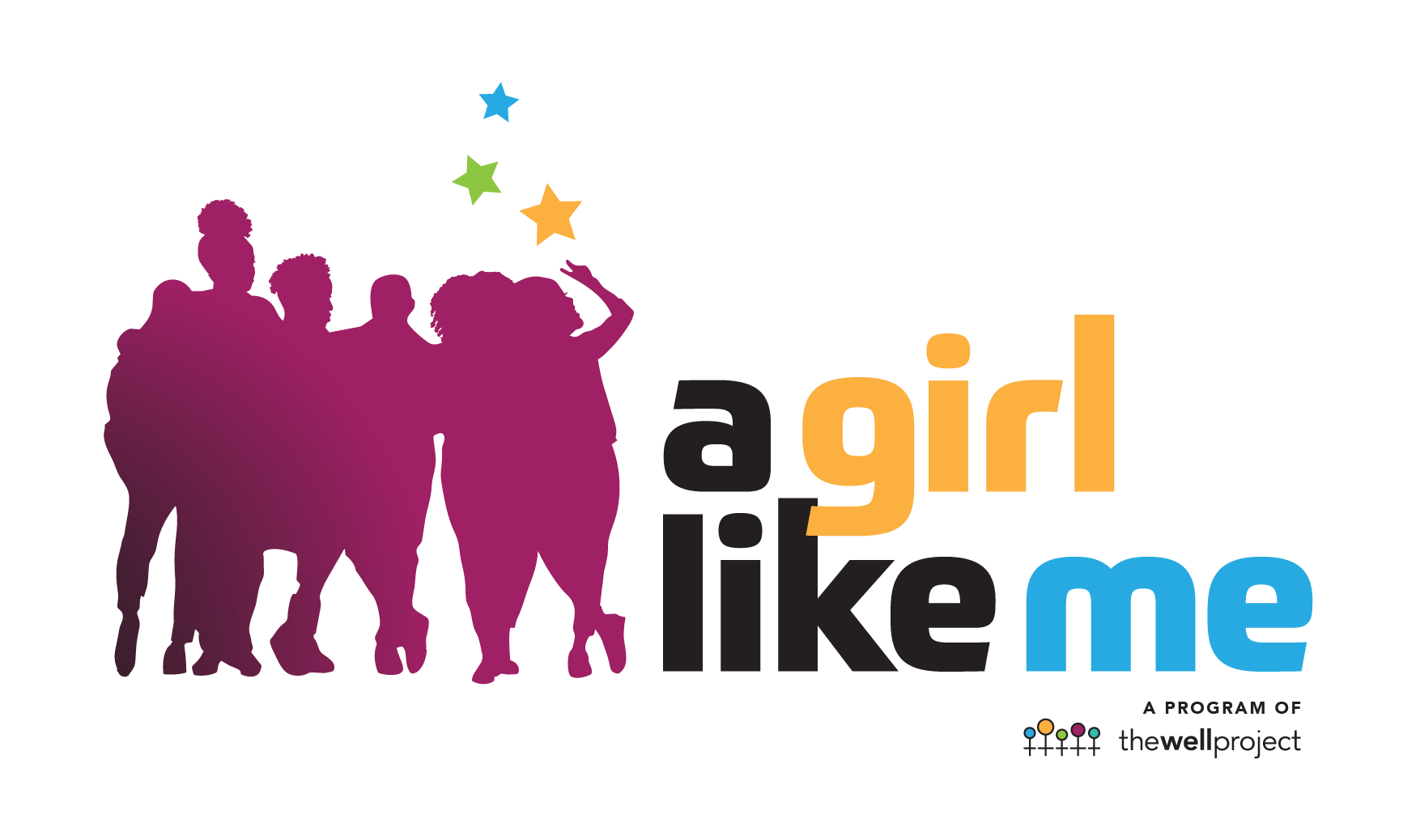











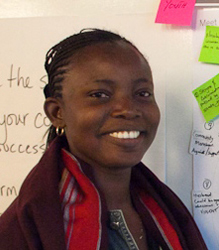





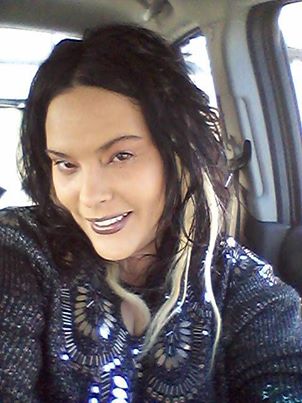

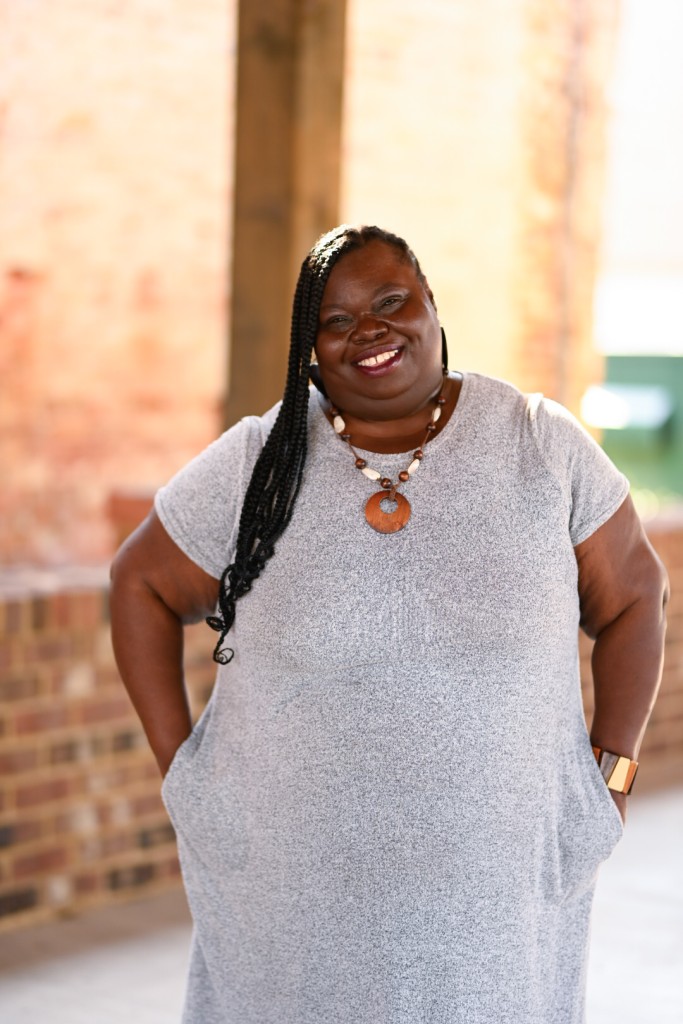

truth
Whoopie Goldberg had a comedy special where she said "even if you sit in a vat of clorox til hell freeze over you ain't gone be nothing but black". That comes to me in so may ways and days and situations.